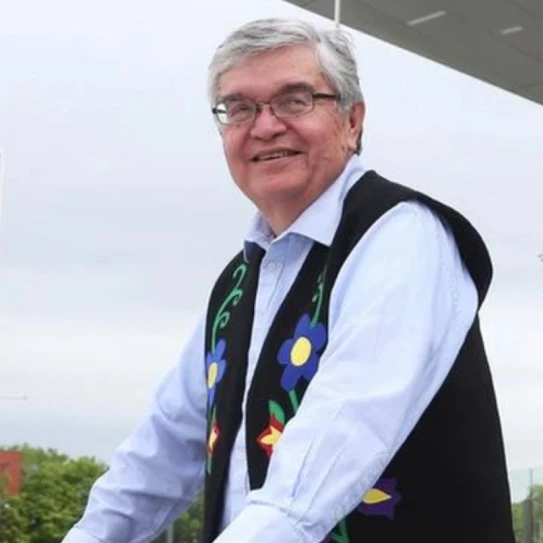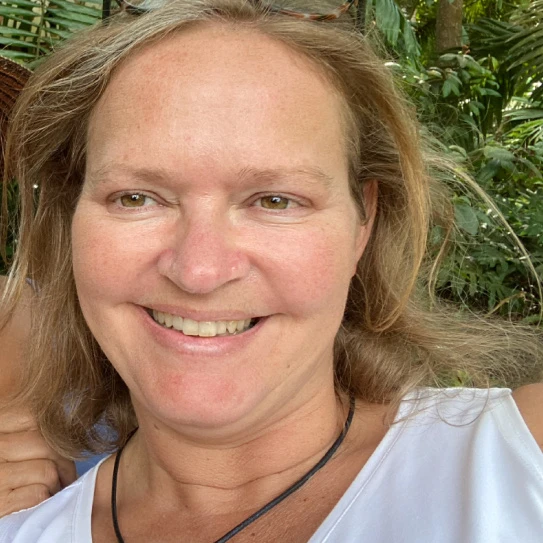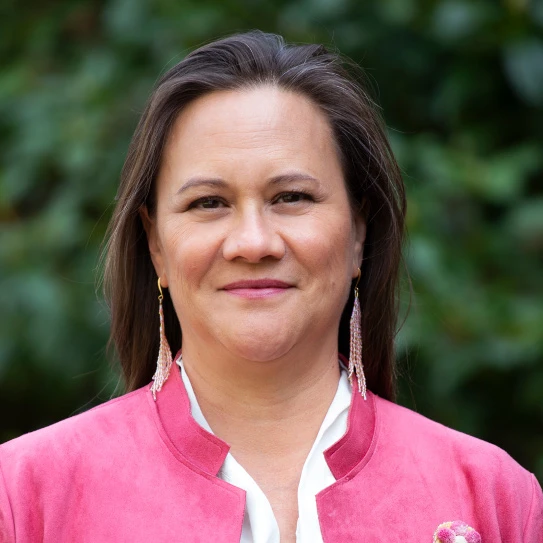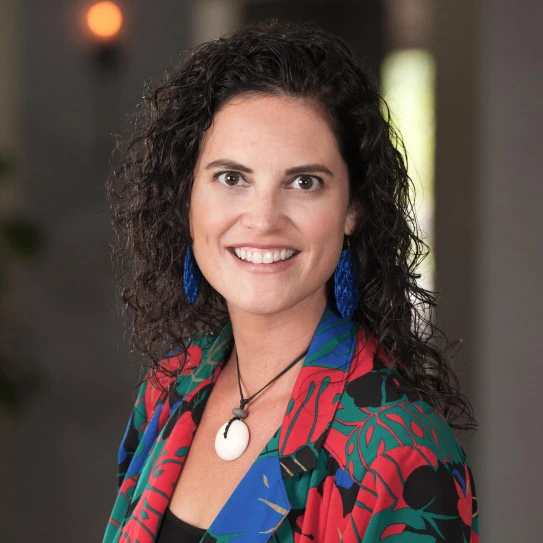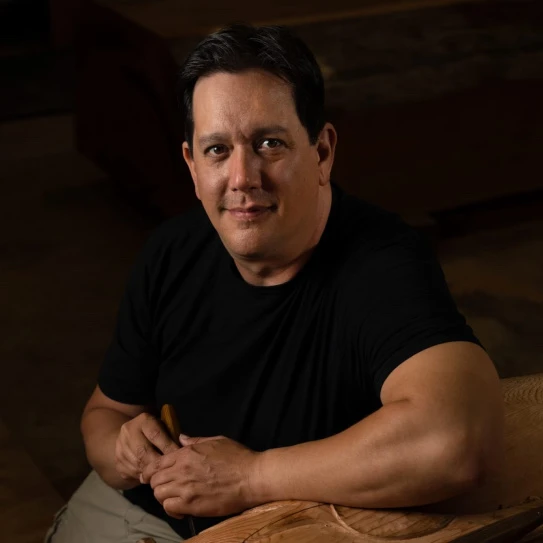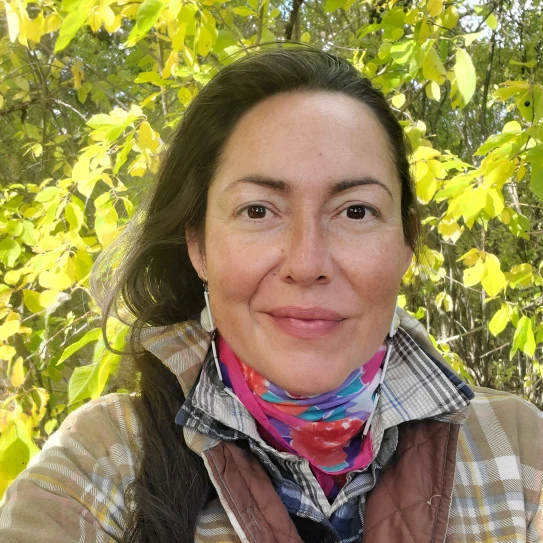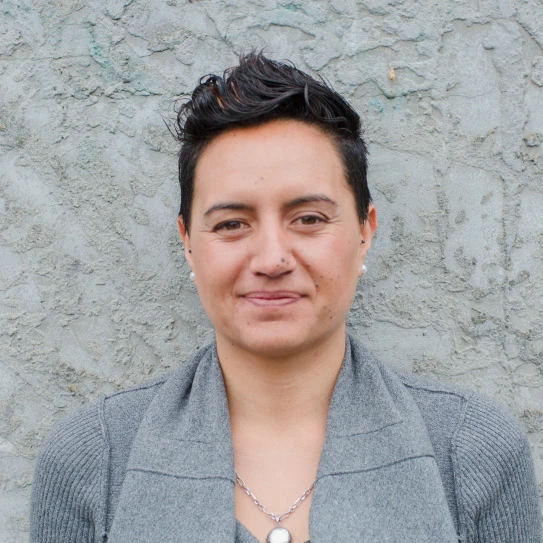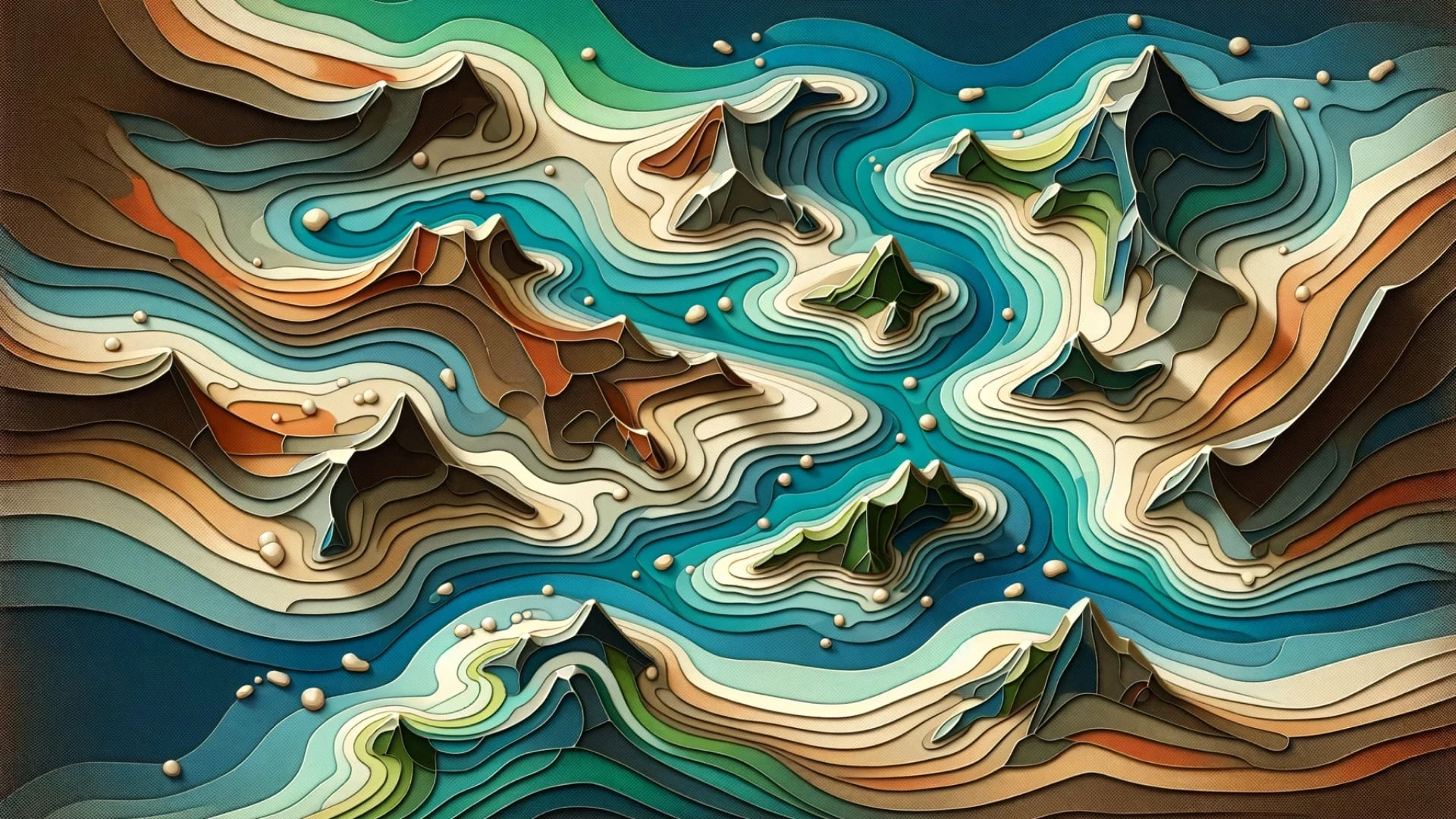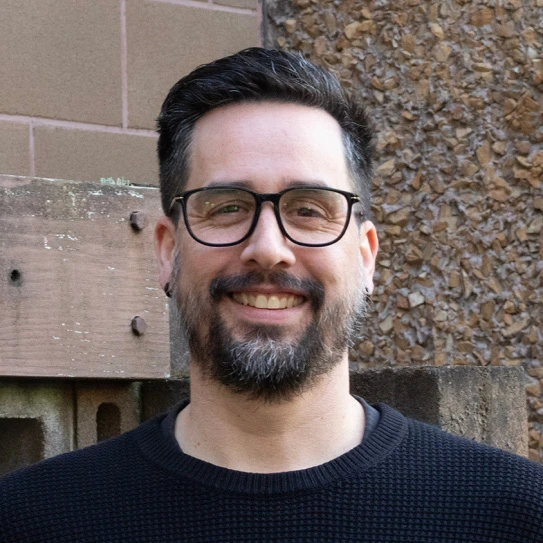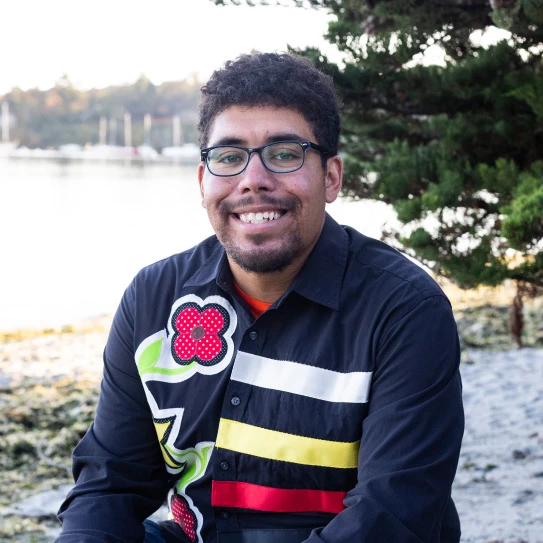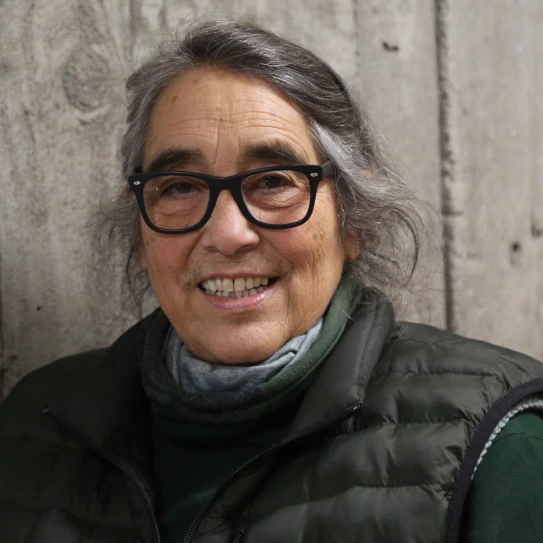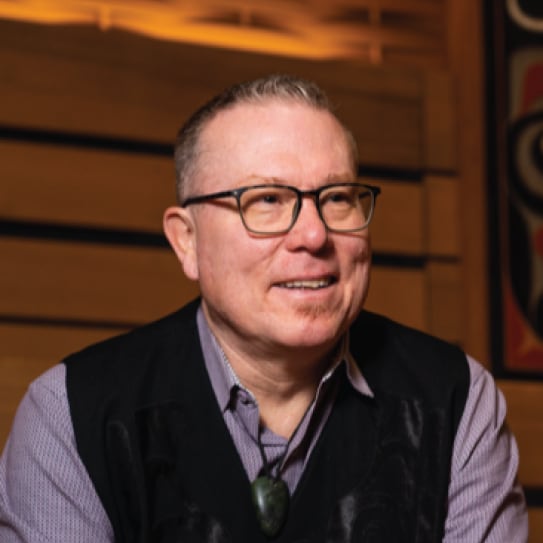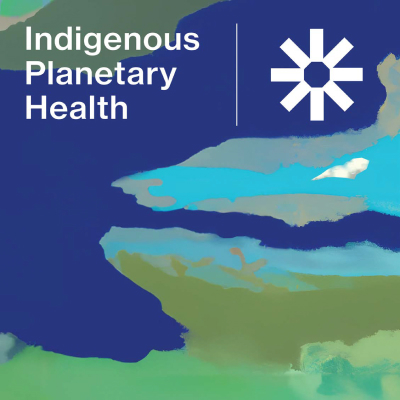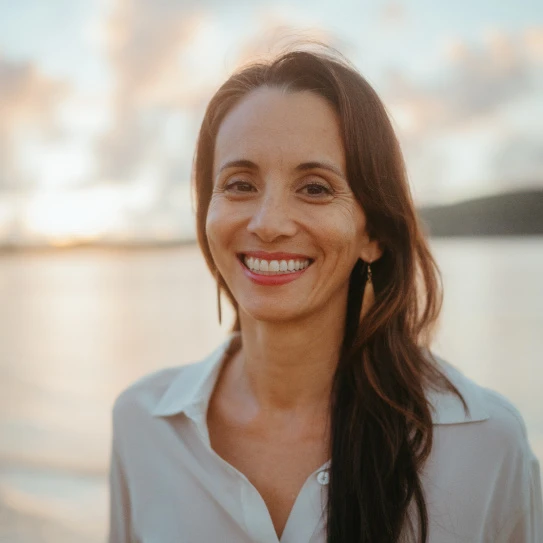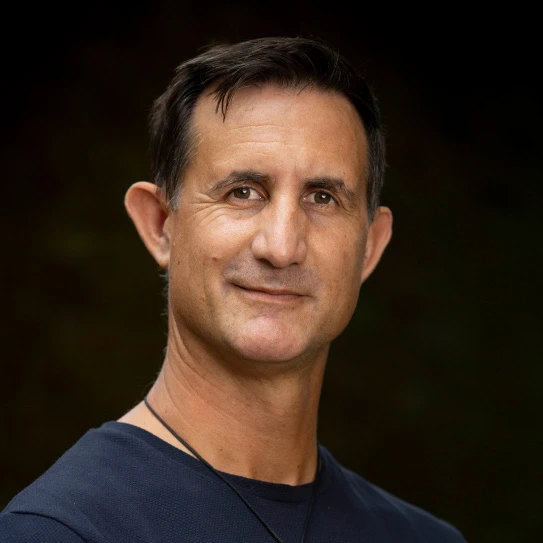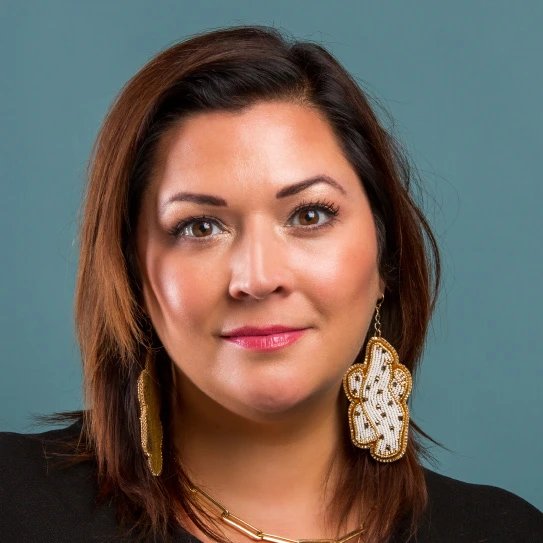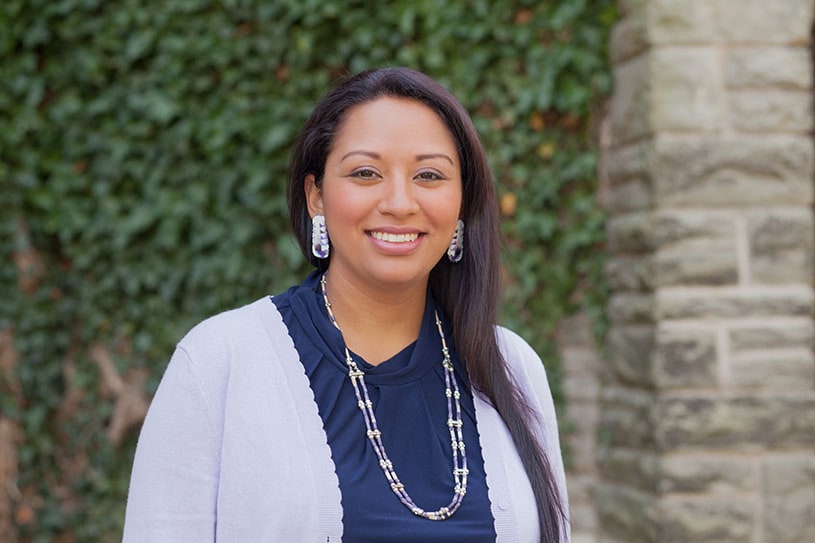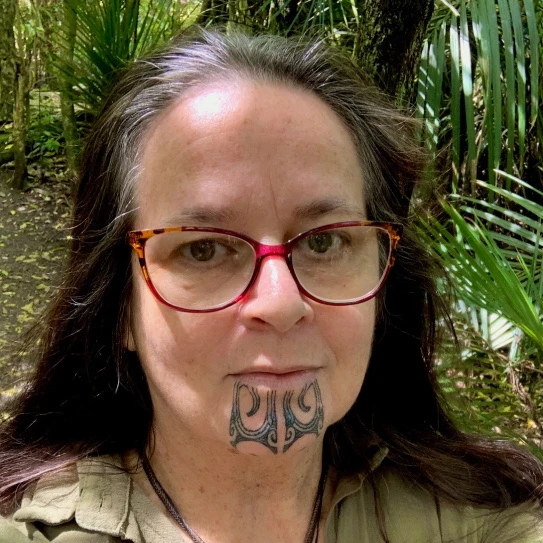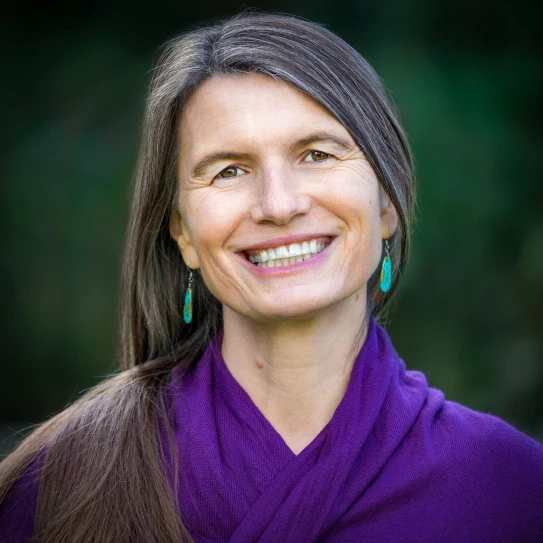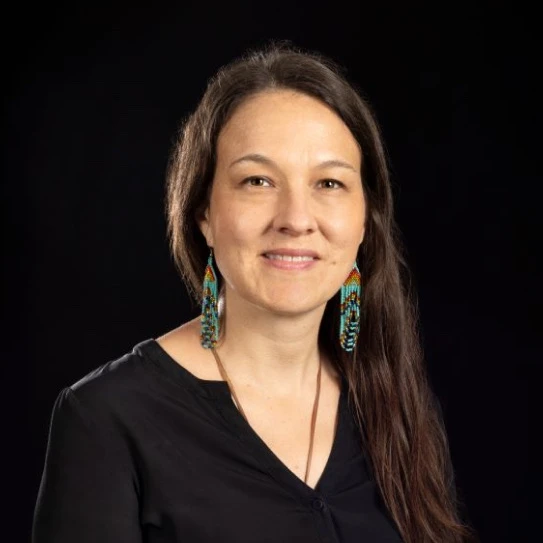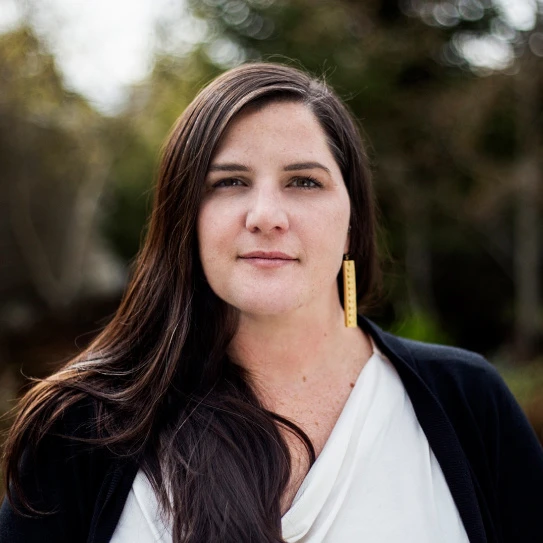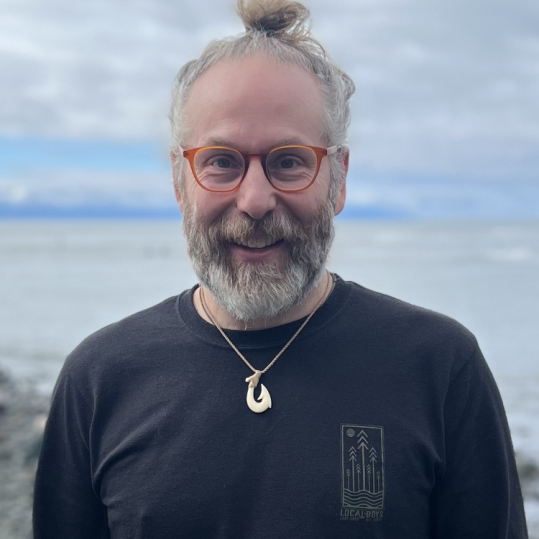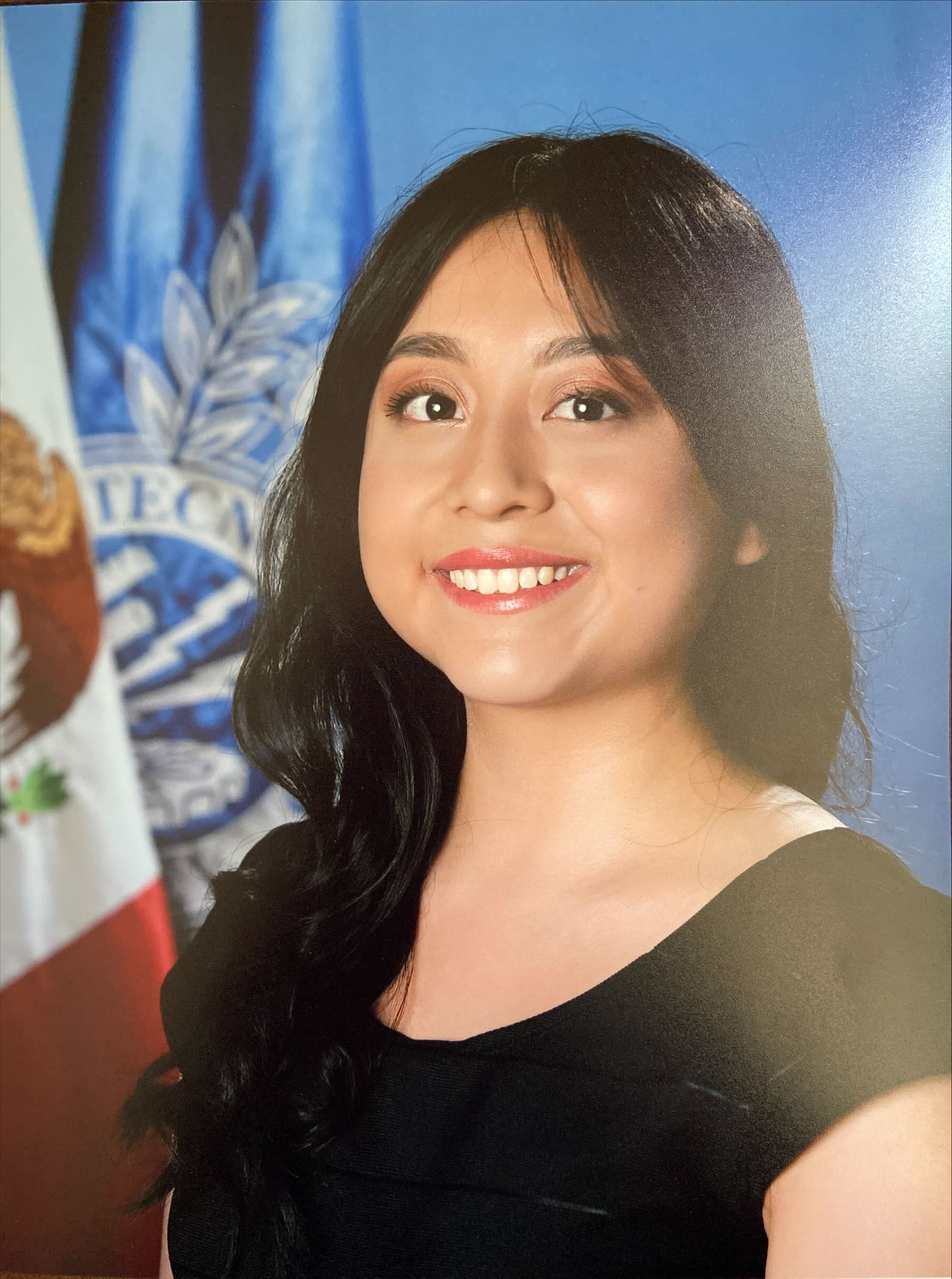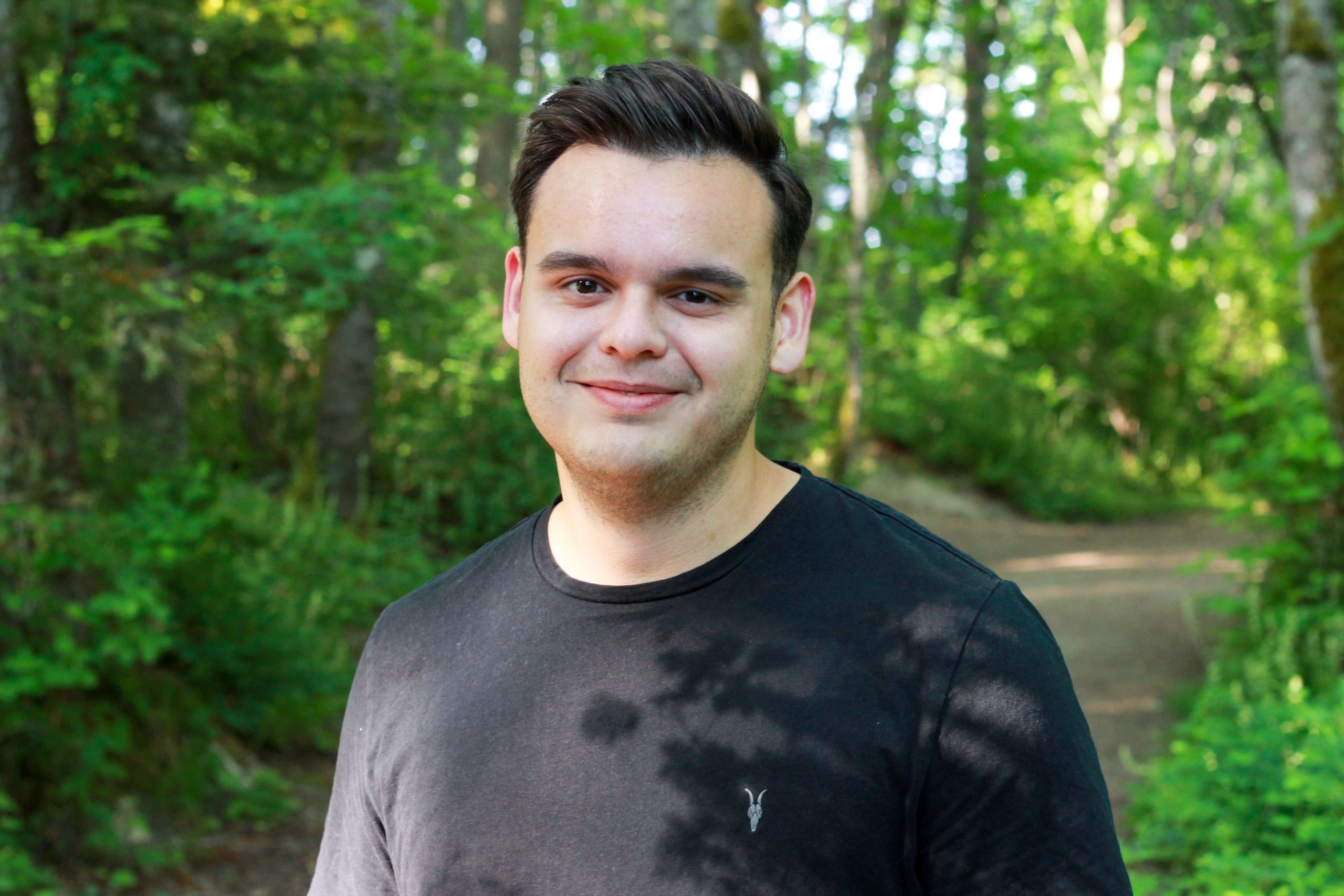Who we are
Meet the stewards of change, the Archipelagos Collective.
We bring a plurality of expertise across health sciences, social sciences, humanities, lived experience, ethical practice, and Indigenous, common, and natural law, and we use Indigenous-led approaches that are critical, theoretical, methodological, and substantive in nature.
Our International Indigenous Advisory Circle holds a wealth of expertise in Indigenous planetary health, Indigenous resurgence, ecosystem science, Indigenous health sciences, Indigenous governance and laws, and Indigenous arts practice and curation.
Our Core Team
Tiara Naputi
Naatoi'Ihkpiakii Melissa Quesnelle
Early Career Researchers
Dawn Smith
Indigenous Advisory Council
Indigenous Advisory Council
Indigenous Advisory Council
Archipelagos Staff
Publications
Aikau, H. (2023). Unsettling the Settler Colonial Triptych. In Disciplinary Futures: Sociology in Conversation with American, Ethnic, and Indigenous Studies (p. 288).
Aikau, H. K. (2021). Mana Wahine and Mothering at the Loʻi: A Two-spirit/Queer analysis. Australian Feminist Studies, 0(0), 1–15. https://doi.org/10.1080/08164649.2020.1902272
Baker, M. L. (2018). Ho’oulu ’Aina: Embodied Aloha ’Aina Enacting Indigenous Futurities. http://hdl.handle.net/10125/62695
Baker, M. T. (2021). Gardens of Political Transformation: Indigenism, anarchism and feminism embodied. Anarchist Developments in Cultural Studies, 2021(1), Article 1. https://journals.uvic.ca/index.php/adcs/article/view/20175
Brascoupé, S. (2002). The end of sustainability. Biodiversity, 3(3), 29-29.
Brascoupé, S., Mann, H., & Von Baeyer, E. (2001). A community guide to protecting indigenous knowledge. Canada: Research and Analysis Directorate, Department of Indian Affairs and Northern Development.
Camvel, H. K. A., Donna Ann Kamehaʻikū. (2018). Cultural Traditions and Food: Kānaka Maoli and the Production of Poi in the Heʻeʻia Wetland. In The Foodways of Hawai’i. Routledge. Castleden, H., Garvin, T., & First Nation, H. (2008). Modifying photovoice for community-based participatory Indigenous research. Social Science & Medicine, 66(6), 1393–1405. https://doi.org/10.1016/j.socscimed.2007.11.030
Castleden, H., Garvin, T., & Nation, H. F. (2009). “Hishuk Tsawak” (Everything Is One/Connected): A Huu-ay-aht worldview for seeing forestry in British Columbia, Canada. Society & Natural Resources, 22(9), 789–804. https://doi.org/10.1080/08941920802098198
Castleden, H., Morgan, V. S., & Lamb, C. (2012). “I spent the first year drinking tea”: Exploring Canadian university researchers’ perspectives on community-based participatory research involving Indigenous peoples. The Canadian Geographer / Le Géographe Canadien, 56(2), 160–179. https://doi.org/10.1111/j.1541-0064.2012.00432.x
Castleden, H., & Sylvestre, P. (2022). From Community-Engaged to Community-Led Research. In The Routledge Handbook of Methodologies in Human Geography. Routledge.
Corntassel, J. (2021). Life Beyond the State: Regenerating Indigenous International Relations and Everyday Challenges to Settler Colonialism. Anarchist Developments in Cultural Studies, 2021(1), Article 1. https://journals.uvic.ca/index.php/adcs/article/view/20172
Corntassel, J., Edgar, R., Monchalin, R., & Newman, C. (2020). Everyday Indigenous resurgence during COVID-19: A social media situation report. AlterNative: An International Journal of Indigenous Peoples, 16(4), 403–405. https://doi.org/10.1177/1177180120968156
Corntassel, J., & Hardbarger, T. (2019). Educate to perpetuate: Land-based pedagogies and community resurgence. International Review of Education, 65(1), 87–116. https://doi.org/10.1007/s11159-018-9759-1
Degai, T., Petrov, A. N., Badhe, R., Egede Dahl, P. P., Döring, N., Dudeck, S., Herrmann, T. M., Golovnev, A., Mack, L., Omma, E. M., Retter, G.-B., Saxinger, G., Scheepstra, A. J. M., Shadrin, C. V., Shorty, N., & Strawhacker, C. (2022). Shaping Arctic’s Tomorrow through Indigenous Knowledge Engagement and Knowledge Co-Production. Sustainability, 14(3), Article 3. https://doi.org/10.3390/su14031331
Degai, T. S., & Petrov, A. N. (2021). Rethinking Arctic sustainable development agenda through indigenizing UN sustainable development goals. International Journal of Sustainable Development & World Ecology, 28(6), 518–523. https://doi.org/10.1080/13504509.2020.1868608
Etmanski, C., Newman, C., & Newman, H. (2022). 28. The Witness Blanket: Responsibility through an Ongoing Journey of Transformation (pp. 503–519). https://doi.org/10.1007/978-3-030-84695-7_28
Goodyear-Kaopua, N. (2014). A nation rising: Hawaiian movements for life, land, a sovereignty (I. Hussey & E. K. A. Wright, Eds.). Duke University Press.
Goodyear-Ka‘ōpua, N., & ho‘omanawanui, ku‘ualoha. (2023). ‘Ōlelo Mua (Introduction): For a Native Daughter. American Indian Culture and Research Journal, 46(1), 3–22. https://doi.org/10.17953/aicrj.46.1.ho‘omanawanui_goodyear-ka‘opua
Happynook, T. (2022). wałšiʔałin ʔuuʔaałuk̓i ḥaḥuułi: Coming home to take care of the territory: a project of (re)connecting with traditional lands, waters, knowledge, and identity [Thesis]. https://dspace.library.uvic.ca/handle/1828/13906
Heuheu, L. te. (n.d.). Te Korowai o Tangaroa Magazine. Te Ohu Kaimoana. Retrieved September 11, 2023, from https://teohu.maori.nz/te-korowai-o-tangaroa-magazine/
Hikuroa, D. (2017). Mātauranga Māori—The ūkaipō of knowledge in New Zealand. Journal of the Royal Society of New Zealand, 47(1), 5–10. https://doi.org/10.1080/03036758.2016.1252407
Igloliorte, H. (2022). Foregrounding Pivalliatitsinik/Piggautigijaunikkut: Indigenous Mentorship in Creative Spaces. In The Routledge Companion to Indigenous Art Histories in the United States and Canada. Routledge.
Jones, D., Hikuroa, D., Gregory, E., Ihaka-McLeod, H., & Moko-Mead, T. T. (2020). Weaving mātauranga into environmental decision-making. New Zealand Science Review, 76(1–2), Article 1–2. https://doi.org/10.26686/nzsr.v76i1-2.7833
Laboucan-Massimo, M. (2016). Talk: Melina Laboucan-Massimo on Community-Based Renewable Energy as Climate Solutions. https://www.sfu.ca/galleries/SFUGalleriesEvents/2016/$classNewsController.getPageURL()
Leonard, K., Buttigieg, P. L., Hudson, M., Paul, K., Pearlman, J., & Juniper, S. K. (2022). Two-eyed seeing: Embracing the power of Indigenous knowledge for a healthy and sustainable Ocean. PLOS Biology, 20(10), e3001876. https://doi.org/10.1371/journal.pbio.3001876
Leonard, K., David-Chavez, D., Smiles, D., ’Anolani Alegado, R., Tsinnajinnie, L., & Begay, R. (2023). Water back: A review centering rematriation and Indigenous water research sovereignty. Water Alternatives, 16(2), 374–428. https://www.water-alternatives.org/index.php/alldoc/articles/vol16/v16issue2/707-a16-2-10
Lewis, D., Castleden, H., Apostle, R., Francis, S., & Francis‐Strickland, K. (2021). Linking land displacement and environmental dispossession to Mi’kmaw health and well‐being: Culturally relevant place‐based interpretive frameworks matter. The Canadian Geographer, 65(1), 66–81. https://doi.org/10.1111/cag.12656
Moewaka Barnes, H., Harmsworth, G., Tipa, G., Henwood, W., & McCreanor, T. (2021). Indigenous-led environmental research in Aotearoa New Zealand: Beyond a transdisciplinary model for best practice, empowerment and action. AlterNative: An International Journal of Indigenous Peoples, 17(2), 306–316. https://doi.org/10.1177/11771801211019397
Moewaka Barnes, H., & McCreanor, T. (2019). Colonisation, hauora and whenua in Aotearoa. Journal of the Royal Society of New Zealand, 49(sup1), 19–33. https://doi.org/10.1080/03036758.2019.1668439
Morton Ninomiya, M. E., Maddox, R., Brascoupé, S., Robinson, N., Atkinson, D., Firestone, M., Ziegler, C., & Smylie, J. (2022). Knowledge translation approaches and practices in Indigenous health research: A systematic review. Social Science & Medicine (1982), 301, 114898. https://doi.org/10.1016/j.socscimed.2022.114898
Na’puti, T. R. (2022). Disaster militarism and Indigenous responses to super typhoon Yutu in the Mariana Islands. Environmental Communication, 16(5), 612–629. https://doi.org/10.1080/17524032.2022.2026798
Na’puti, T. R., & Frain, S. (2023). Indigenous environmental perspectives: Challenging the oceanic security state. 54(2). https://doi-org.ezproxy.library.dal.ca/10.1177/09670106221139
Ratima, M., Martin, D., Castleden, H., & Delormier, T. (2019). Indigenous voices and knowledge systems – promoting planetary health, health equity, and sustainable development now and for future generations. Global Health Promotion, 26(3). https://doi-org.ezproxy.library.dal.ca/10.1177/1757975919838487
Redvers, N., & Blondin, B. (2020). Traditional Indigenous medicine in North America: A scoping review. PLOS ONE, 15(8), e0237531. https://doi.org/10.1371/journal.pone.0237531
Redvers, N., Celidwen, Y., Schultz, C., Horn, O., Githaiga, C., Vera, M., Perdrisat, M., Plume, L. M., Kobei, D., Kain, M. C., Poelina, A., Rojas, J. N., & Blondin, B. (2022). The determinants of planetary health: An Indigenous consensus perspective. The Lancet Planetary Health, 6(2), e156–e163. https://doi.org/10.1016/S2542-5196(21)00354-5
Redvers, N., Poelina, A., Schultz, C., Kobei, D. M., Githaiga, C., Perdrisat, M., Prince, D., & Blondin, B. (2020). Indigenous Natural and First Law in Planetary Health. Challenges, 11(2), Article 2. https://doi.org/10.3390/challe11020029
Rotz, S., Rose, J., Masuda, J., Lewis, D., & Castleden, H. (2022). Toward intersectional and culturally relevant sex and gender analysis in health research. Social Science & Medicine, 292, 114459. https://doi.org/10.1016/j.socscimed.2021.114459
Salomon, A. K., Okamoto, D. K., Wilson, Ḵii’iljuus Barbara J., Tommy Happynook, hiininaasim, Wickaninnish, null, Mack, wiicuckum A., Allan Davidson, S. H., Guujaaw, G., L. Humchitt, W. W. H., Happynook, T. M., Cox, weiwimtaeek C., Gillette, H. F., Christiansen, n’yasim S., Dragon, D., Kobluk, H. M., Lee, L. C., Tinker, M. T., Silver, J. J., Armitage, D., … Augustine, A. (2023). Disrupting and diversifying the values, voices and governance principles that shape biodiversity science and management. Philosophical Transactions of the Royal Society B: Biological Sciences, 378(1881), 20220196. https://doi.org/10.1098/rstb.2022.0196
Smiles, N. D. (2023). Reflections on the (continued and future) importance of Indigenous geographies. Dialogues in Human Geography, 20438206231179229. https://doi.org/10.1177/20438206231179229
Stark, H. (2023). Indigenous Resurgence in an Age of Reconciliation (A. Craft & H. Aikau, Eds.). University of Toronto Press.
Stark, H. K., & Stark, K. J. (2018). Nenabozho goes fishing: A sovereignty story. Daedalus, 147(2), 17–26. https://doi.org/10.1162/DAED_a_00486
Stiegman, M. L., & Castleden, H. (2015). Leashes and lies: Navigating the colonial tensions of institutional ethics of research involving Indigenous peoples in Canada. The International Indigenous Policy Journal, 6(3), Article 3. https://doi.org/10.18584/iipj.2015.6.3.2
The Archipelago
A group of separate islands working together.
The usual definition of an archipelago is “a group of islands.” This definition sees islands in isolation, separated from each other by water, as a disarticulated cluster. Our archipelagic approach centres the relationships and spaces between and connecting islands, and the wisdom produced therein.
The Meaning
Re-establishing healthy lands and healthier Peoples through restoration.
We want to contribute by restoring: Cedar cultivation and carving in the Pacific Northwest; the songs, dances, and lessons derived from the Buffalo on the Great Plains; traditional land-based leadership-development practices in Hawaii; community-based health practices in the Mariana Islands; and Indigenous farming, forestry, and fishing practices for sustainable business in Aotearoa.

